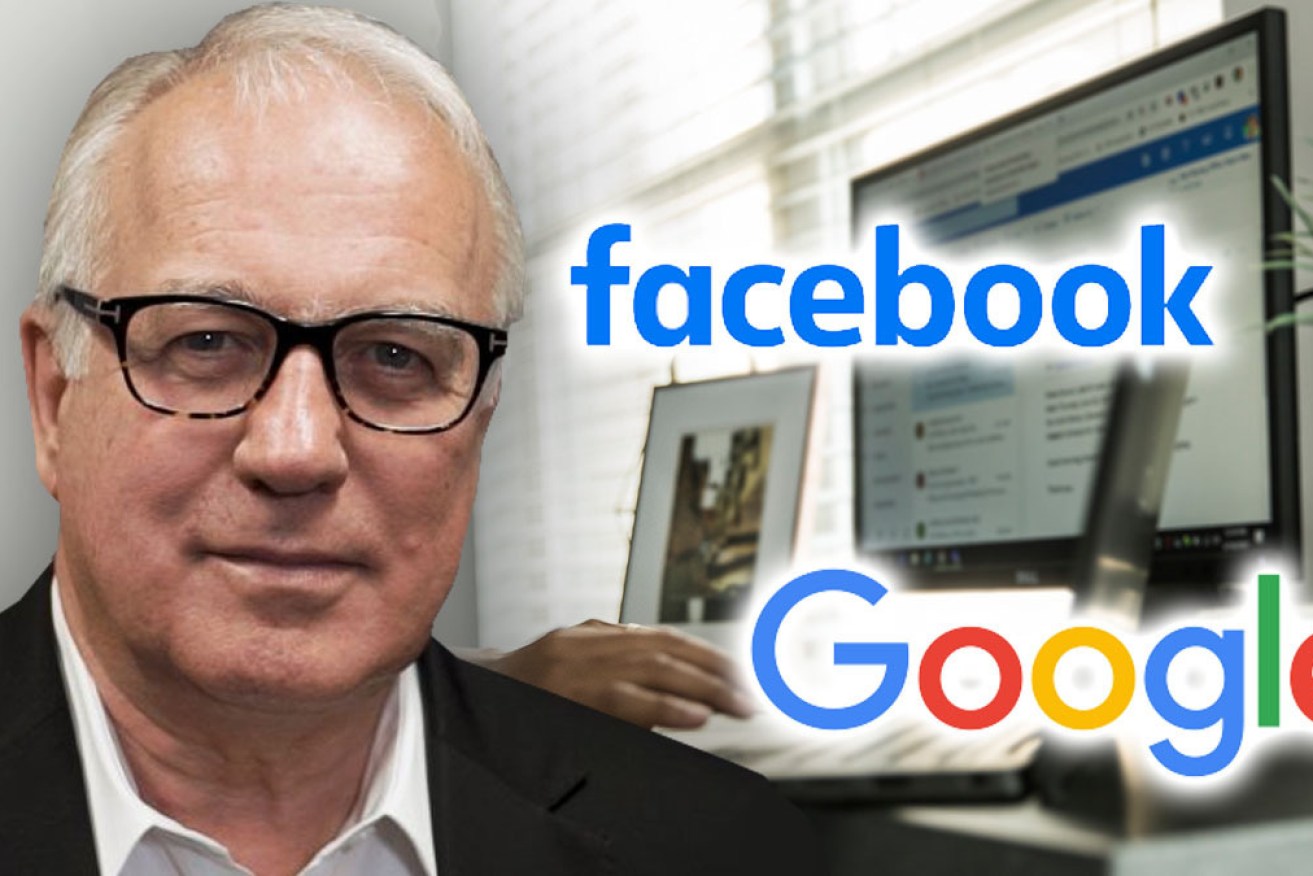Alan Kohler: Good try, G7, but your corporate tax changes won’t even tickle Google and Facebook


Don't get too excited about minimum corporate taxes, Google and Facebook will be just fine, Alan Kohler writes. Photo: TND
The new global minimum corporate tax rate of 15 per cent announced by the G7 on Saturday is described as “historic” and “seismic”, but it’s also a bit sad.
Each member of the Group of Seven has a company tax rate that’s higher than that, but they have had to compromise on 15 per cent to keep Ireland happy (company tax, 12.5 per cent), and also to get at least something out of the world’s most powerful corporations.
In October the deal goes to the G20 for ratification, and the average company tax rate of those countries, including Australia’s 30 per cent, is 25.72 per cent.
So the world’s most powerful countries will have to accept a global minimum corporate tax rate that is an average of 10 per cent below what they normally charge, because Google and Facebook, among others, are powerful, ruthless and very mobile.
If they had to pay more than that, those companies would no doubt cram into the Cayman Islands, where the company tax rate currently stands at a nice round zero, and serve their data bits to the world from there.
Late on Friday night the G7 finance ministers were still haggling about whether to put the words “at least” in front of the number 15 – France wanted to make room for it to be increased in future.
France won, so that’s something.
The deal means that when digital businesses avoid tax by serving the bits of data that Australians view from a tax haven like Ireland, the Australian Taxation Office would get to top up the tax to 15 per cent.
The Australian company tax rate is 30 per cent for those with sales of more $50 million a year, so the best you can say about a tax rate of half that is that it’s a lot better than nothing.
The obvious danger, it seems to me, is that legitimising a tax rate of 15 per cent will allow other companies currently paying Australia’s 30 per cent rate, or America’s 21 per cent, to suddenly feel the pull of the Emerald Isle, or perhaps even the Caymans, so they can be “topped up” to 15 per cent, instead of paying 30 per cent.
Presumably that’s what France was on about by insisting on “at least” being inserted.
And there’s still a lot of detail to be ironed out, such as what’s the definition of “the largest and most profitable multinational enterprises”, which Saturday’s communique said were the companies to be caught by the new global minimum tax regime, without saying who they are.
But let’s get to the nitty-gritty: How much cash might this mean for the Australian Treasury?
Well, the Biden administration has estimated that it will bring in $US500 billion in extra tax revenue over a decade, or $US50 billion a year, which roughly accords with Europe’s estimate.
Based on the GDP difference, that means Australia could expect to collect another $3 billion from the multinational tax dodgers, which would represent an increase in total tax revenue of 0.6 per cent and pay for two months of the NDIS.
It’s not to be sneezed at, to be sure, but it won’t mean the rest of us can stop paying GST.
Another change announced in Saturday’s communique could lead to more cash for Australia.
It’s designed to replace the so-called digital taxes that some European countries have been levying on Google and Facebook, but it also seems designed to confuse everyone.
The clause says: “market countries (will be) awarded taxing rights on at least 20 per cent of profit exceeding a 10 per cent margin for the largest and most profitable multinational enterprises”.
If that can be enforced, it could end up being quite lucrative. For example, Google’s 2020 profit was $US15 billion ($20 billion); 20 per cent of that is $4 billion, taxing that at 30 per cent would yield $1.2 billion.
But is that what the clause means? Hard to tell.
Anyway, hell will freeze over before Google coughs up that sort of cash to the ATO.
Next step for the global minimum company tax rate: The G20 meeting in October, where the magnificent seven will try to get a tick from the 20.
The lowest company tax rate among G20 members is Saudi Arabia with, by coincidence, 15 per cent, but presumably the “better than nothing” principle will apply to the other 19 and they’ll all vote “aye”.
The trick then will be to ensure that 15 per cent doesn’t become the standard tax rate, instead of the current 25.72 per cent.
When it comes to tax, minimums have a habit of becoming maximums.
Alan Kohler writes twice a week for The New Daily. He is also editor in chief of Eureka Report and finance presenter on ABC news.








